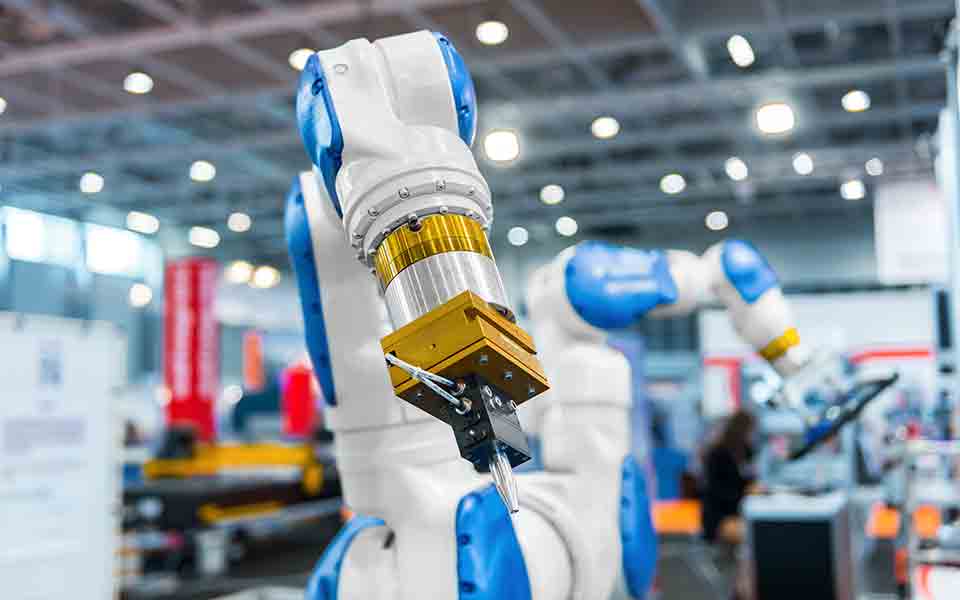Artificial Intelligence is likely to make a dramatic impact on developing countries that rely on lower wages to generate a competitive advantage. This will include countries that provide low cost offshore manufacturing as well as countries like India, which are more focused on service offshoring.
I delved deeply into the global impact on work in my 2015 book Rise of the Robots: Technology and the threat of a Jobless Future. I also discussed it in my new book, Architects of Intelligence, especially in the conversation with James Manyika, who is the chairman of the McKinsey Global Institute, which conducts important research in this area.
There are two problems developing countries face in an AI future:
- Much of the work available in developing countries is relatively unskilled and routine, repetitive and predictable in nature. Work of this type is destined to be automated. This will be true in both developed and developing countries, but some economists believe the impact could be especially hard on poorer nations because a greater fraction of their workforce is engaged in work of this type.
- The traditional path to economic development has been to build factories which employ large numbers of unskilled workers. As AI and robotics advance there will be less and less need for such labor-intensive factories (or for service offshoring) of this kind. Much of this production will end up being “reshored” to developed countries where it will be produced using highly automated facilities.
As this traditional path to economic growth begins to evaporate, this will pose a real challenge. In fact economists have already identified what they call “premature deindustrialization” in many developing countries — in other words, companies are replacing their factory workers with automation before they have the means to do so.
Overall, this will be a major challenge for economists and policy makers going forward.
Originally published on Quora.


